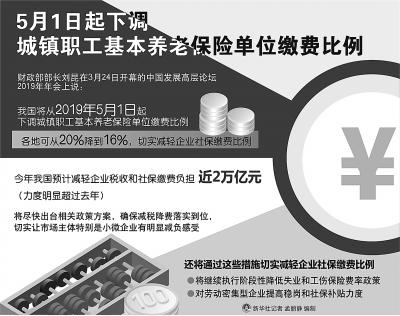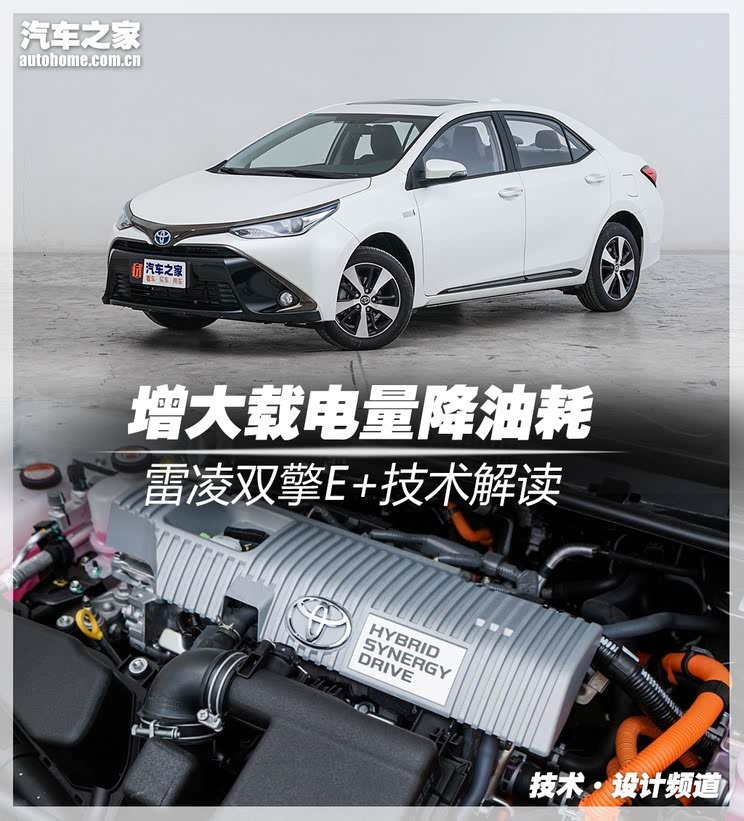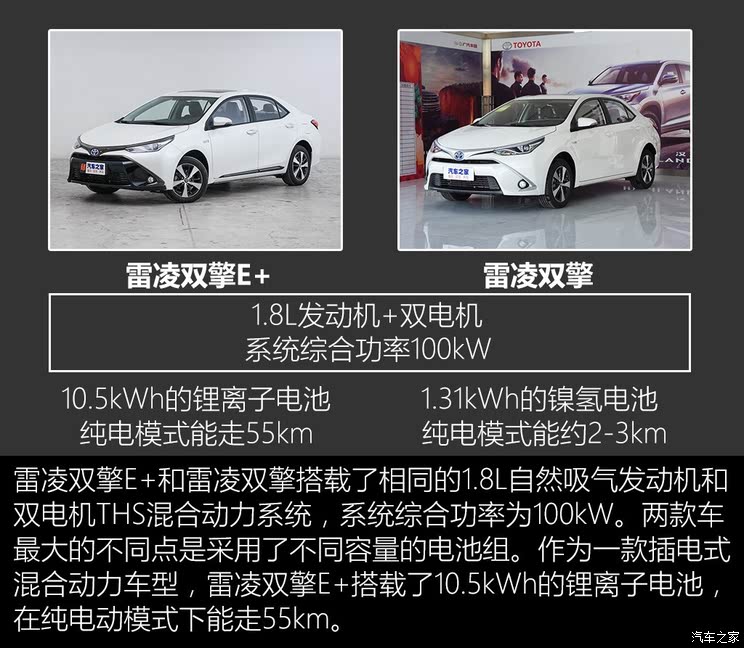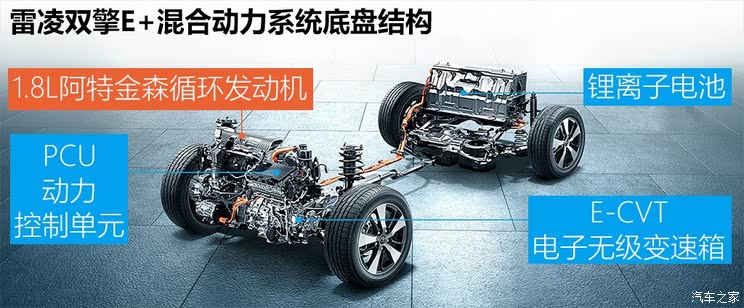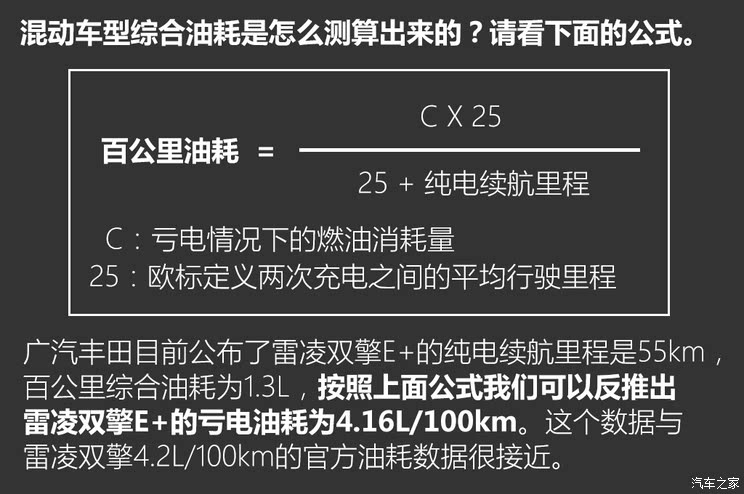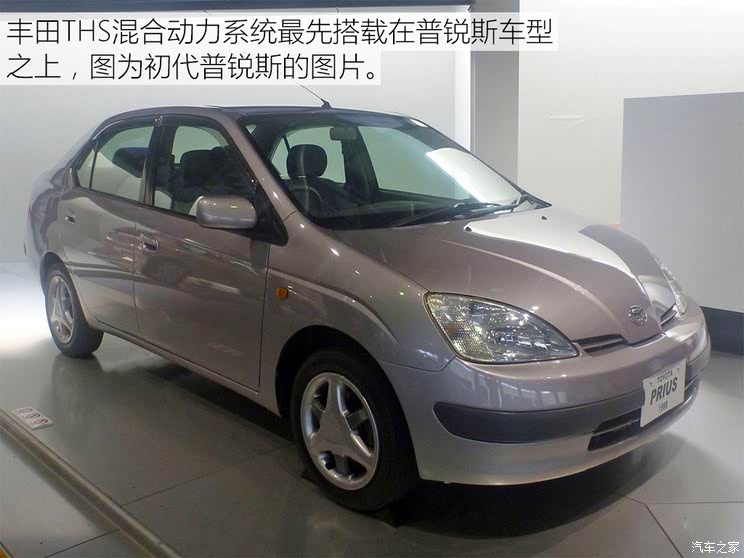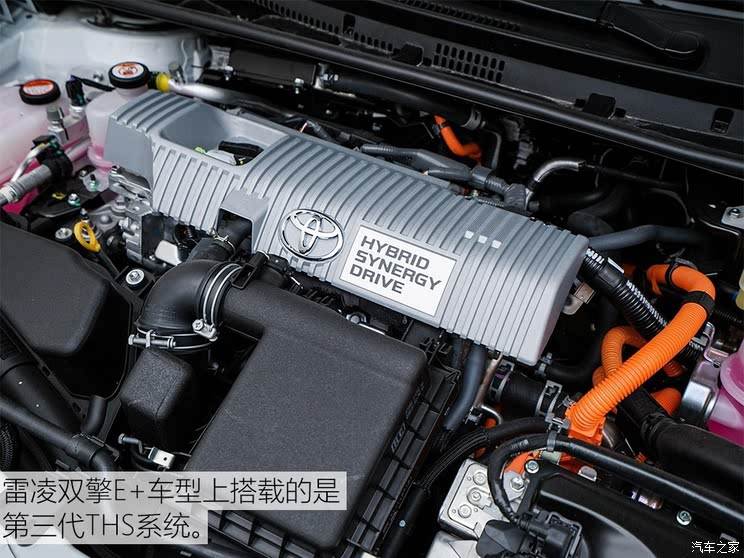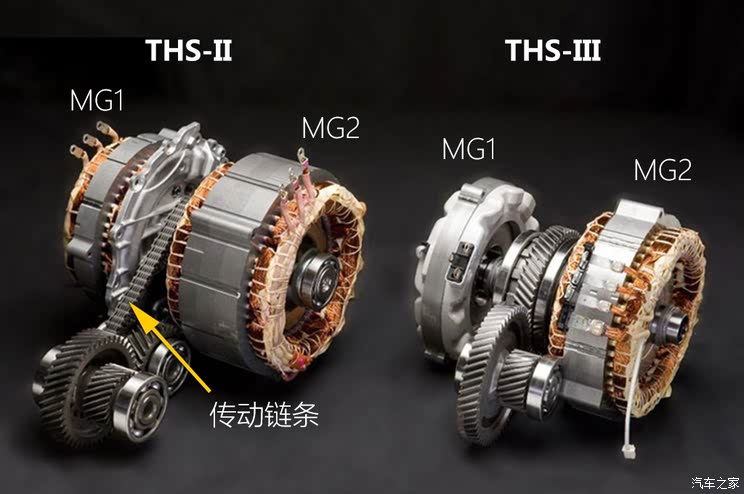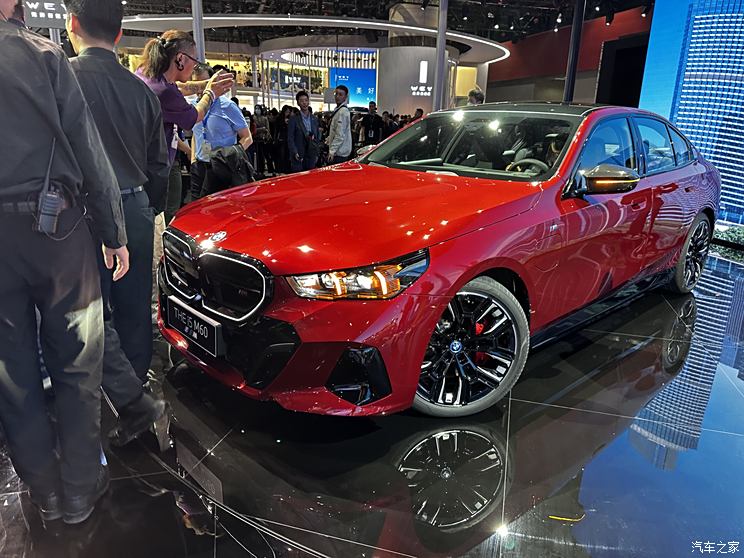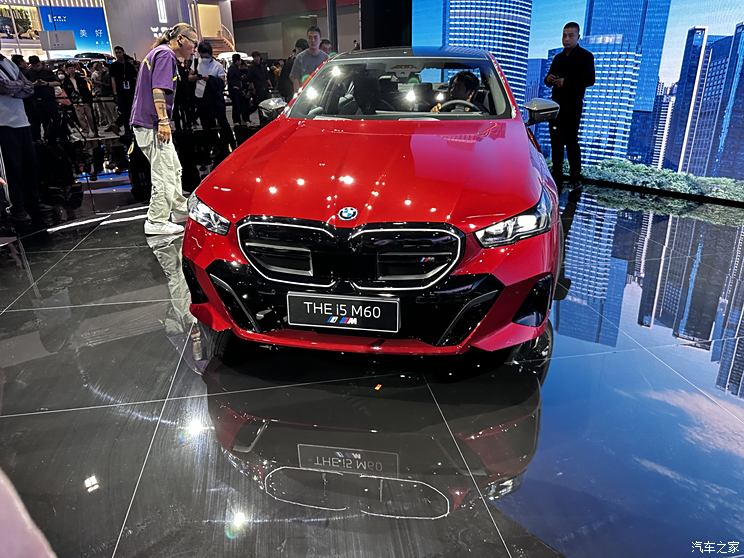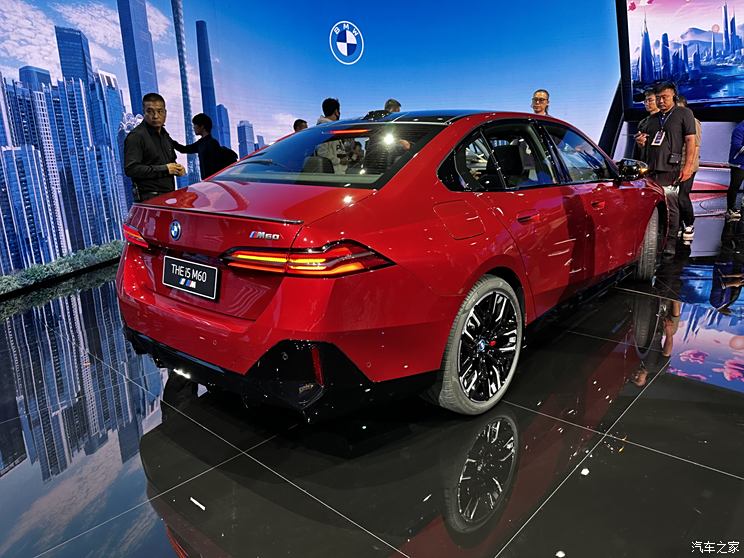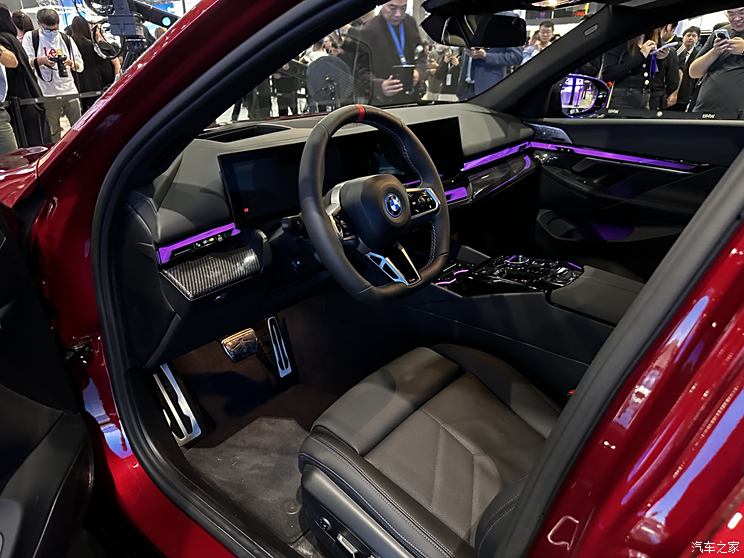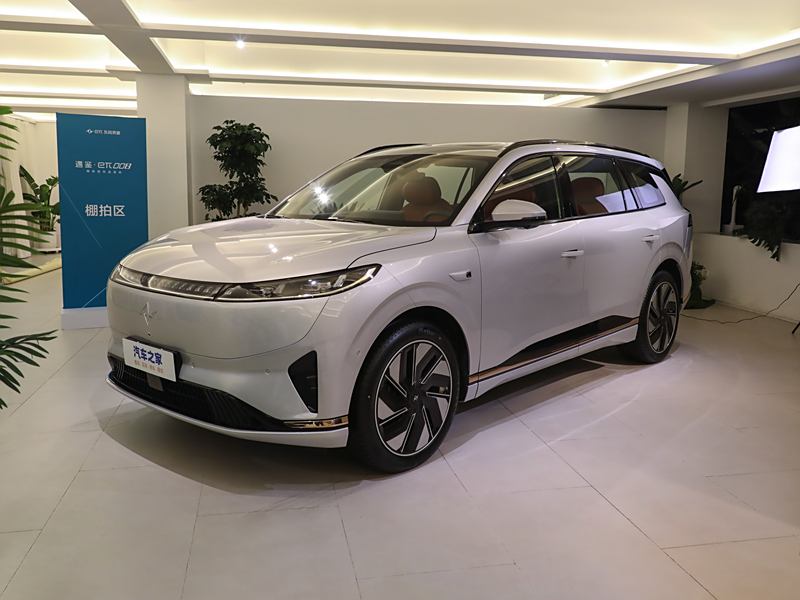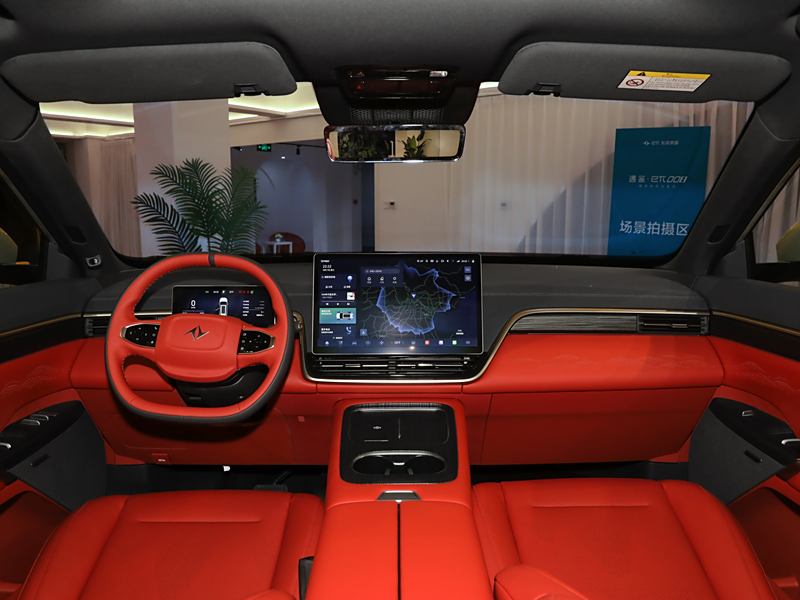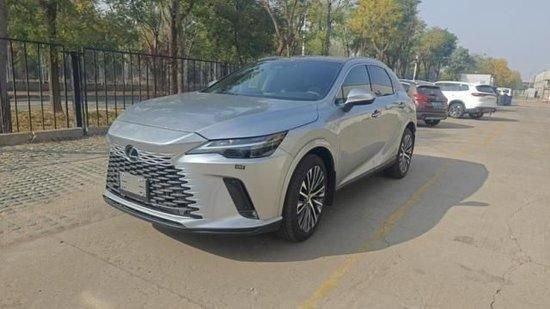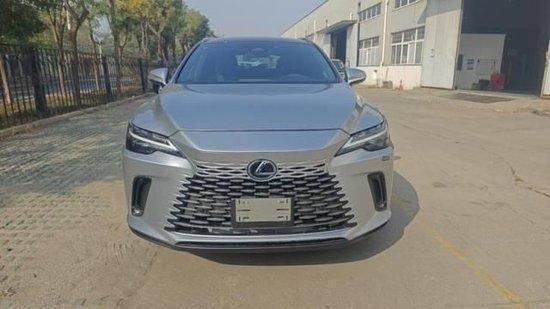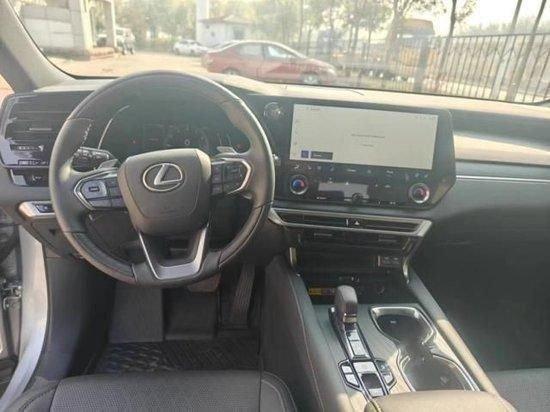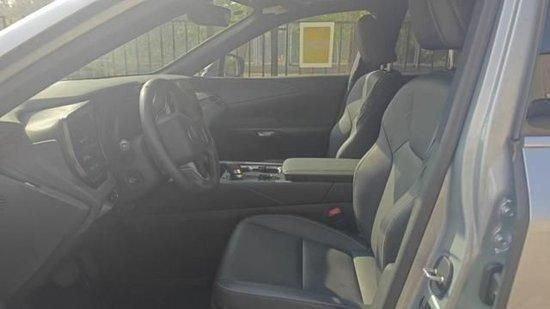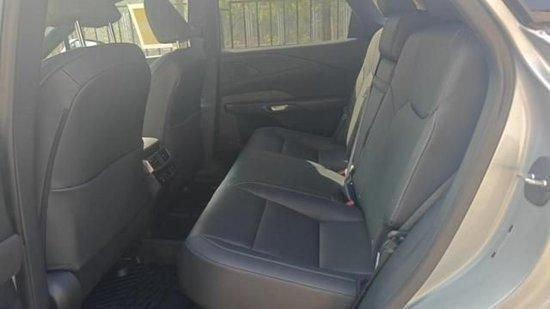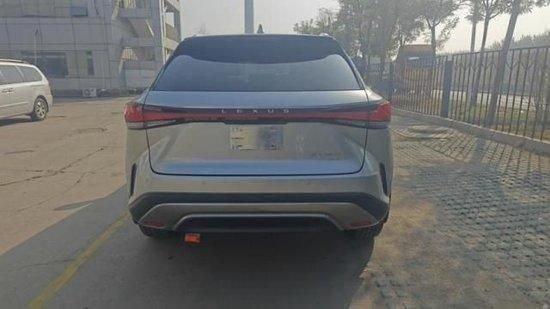Provincial committees, offices, departments, bureaus, institutions and groupsOrganization, state (city) Finance Bureau, Bureau of Industry and Information Technology, Central Yunnan New District Management CommitteeWill, Zhenxiong County, Xuanwei City, Tengchong City Finance Bureau, Bureau of Industry and Information Technology:
In order to implement the Administrative Measures on Government Procurement Promoting the Development of Small and Medium-sized Enterprises (Caiku [2020] No.46, hereinafter referred to as the Measures) and the Implementation Opinions on Further Improving the System of Supporting the Development of Small and Medium-sized Enterprises (Yungongxin Small and Medium [2021] No.237) issued by the Ministry of Finance and the Ministry of Industry and Information Technology, give full play to the functions of government procurement policies and promote the healthy development of small and medium-sized enterprises, According to "People’s Republic of China (PRC) Government Procurement Law", "People’s Republic of China (PRC) Small and Medium-sized Enterprises Promotion Law" and other laws and regulations, combined with the actual work, the relevant policies and measures to implement government procurement to promote the development of small and medium-sized enterprises in our province are hereby notified as follows.
First, the determination of small and medium-sized enterprises in government procurement activities
(A) can be identified as small and medium-sized enterprises.
1. In goods procurement projects, goods are manufactured by small and medium-sized enterprises, that is, goods are produced by small and medium-sized enterprises and use their trade names or registered trademarks;
2. In the project procurement project, the project is undertaken by small and medium-sized enterprises, that is, the project construction unit is small and medium-sized enterprises;
3. In the service procurement project, the service is undertaken by small and medium-sized enterprises, that is, the service providers are employees of small and medium-sized enterprises who enter into labor contracts in accordance with the Labor Contract Law of People’s Republic of China (PRC).
(B) should not be judged as small and medium-sized (micro) enterprises.
1. In the goods procurement project, the supplier is a small and medium-sized enterprise, but the goods provided are made by a large enterprise, that is, the goods are produced by a large enterprise and use the trade name or registered trademark of the large enterprise. Do not enjoy the SME support policies stipulated in the Measures.
2. The goods provided by suppliers are made by both medium-sized enterprises and small and micro enterprises, and do not enjoy the support policies for small and micro enterprises stipulated in the Measures.
Two, strictly implement policies and measures to promote the development of small and medium-sized enterprises.
(1) Reasonably determine the reserved share.
Budget units at all levels should effectively implement the government procurement policy when preparing departmental budgets, and separately list the reserved procurement shares specifically for small and medium-sized enterprises in the government procurement budget. The competent budget units at all levels shall organize and evaluate the government procurement projects of their own departments and subordinate units, make overall plans to reserve the procurement share for small and medium-sized enterprises, and evaluate the rationality of the reserved share according to the reasonable amount of procurement projects.
The share of procurement reserved for small and medium-sized enterprises shall account for more than 30% of the total annual government procurement project budget of this department, and the proportion reserved for small and micro enterprises shall not be less than 60%.
(two) to do a good job in the disclosure of government procurement intentions.
When the purchaser discloses the intention of government procurement, in addition to disclosing the name of the procurement project, the general situation of procurement demand, the budget amount, the estimated procurement time, etc., it should also indicate whether the project is specifically for small and medium-sized enterprises to purchase, so that small and medium-sized enterprises can make preparations for participating in government procurement activities in advance.
(C) a clear division of SMEs industry requirements
The purchaser and the procurement agency shall, according to the SME classification standards approved by the State Council and the specific circumstances of the procurement project, specify in the procurement documents the industries to which the SME classification standards corresponding to the procurement targets belong. If a procurement project involves multiple procurement targets, the industries to which the SME classification standards corresponding to all procurement targets belong shall be clearly defined in the procurement documents one by one. The supplier judges whether it belongs to small and medium-sized enterprises according to the classification standards corresponding to the industries specified in the procurement documents.
If the supplier has difficulty in judging the type of the enterprise, he can log on to the official website of the Ministry of Industry and Information Technology, and use the "Small and Medium-sized Enterprise Scale Type Self-test Program" in the "Public Service Platform" module for determination.
(4) Simplifying identification documents
The Letter of Statement for Small and Medium-sized Enterprises is issued by suppliers who participate in government procurement activities. If you participate in government procurement activities or contract subcontracting in the form of a consortium, you need to fill in the relevant information of the SMEs in the consortium or those who signed the subcontracting intention agreement in the SME Declaration Letter. No unit or individual may require to provide identification documents of small and medium-sized enterprises other than the Letter of Statement for Small and Medium-sized Enterprises. The supplier shall be responsible for the contents of the Statement Letter for Small and Medium-sized Enterprises issued by him and bear corresponding legal responsibilities.
When small and medium-sized enterprises participate in government procurement activities, if the legal representative has issued a power of attorney, they may not require the legal representative to personally purchase procurement documents or attend procurement activities such as bid opening, negotiation and consultation.
(5) Strictly implement preferential policies for price review.
After the overall planning of the competent budget unit, the project that does not belong to the procurement for small and medium-sized enterprises, and the non-reserved part of the procurement package in the reserved share project, the purchaser and the procurement agency should strictly implement the preferential policy of price evaluation and participate in the evaluation with the deducted price. 6%-10% price deduction is given to the quotation of goods and services provided by small and micro enterprises; 3%-5% of the price will be deducted for the project. All procurement targets provided by large and medium-sized enterprises are made by small and micro enterprises, and they can enjoy preferential policies for price review.
In the project evaluation, the project evaluated by the lowest bid evaluation method shall reflect the original quotation of each supplier and the final quotation after price deduction in the evaluation report. If the comprehensive scoring method is adopted, in addition to the evaluation report, the original quotation score and the final score after price bonus should also be reflected in the evaluation scoring table.
(six) timely payment of procurement funds
The purchaser or its entrusted procurement agency shall, in accordance with the provisions of the procurement contract, carry out performance acceptance in a timely manner. The purchaser shall, according to the acceptance, speed up the payment of funds. If the acceptance meets the payment conditions, the purchaser shall pay the money within 30 days from the date of delivery of the goods, projects and services; Unless otherwise agreed in the contract, the longest payment period shall not exceed 60 days. At the same time, the procurement unit is encouraged to make an agreement in the contract to pay part of the contract money in advance to the small and medium-sized enterprises that have won the bid and clinched the deal according to the actual project, so as to further alleviate the operating pressure and transaction cost of the small and medium-sized enterprises, and the procurement unit may require suppliers to submit advance payment guarantee.
(seven) accurately reporting the procurement situation.
The purchaser and procurement agency shall truthfully fill in the procurement situation for small and medium-sized enterprises when filing the procurement contract on the Yunnan provincial government procurement network, and report whether it is reserved in whole or in part in the system according to the actual situation. If it is partially reserved, the specific reservation method shall be filled in, such as special procurement package, participation in the form of consortium or subcontracting.
Yunnan Provincial Government Procurement Management Information System will generate the Announcement on the Implementation of Reserved Projects for Small and Medium-sized Enterprises in the previous year in January each year according to the information of the procurement project contract filing. The purchaser can log in to the information system to download the announcement, and report it to the competent budget unit for summary after confirmation.
(eight) timely disclosure of procurement information.
Each competent budget unit shall, before the end of February each year, summarize the specific situation of the reserved share and procurement of the department (including subordinate units) for small and medium-sized enterprises in the previous year, report to the financial department at the same level, and publicize it on the Yunnan provincial government procurement network. If the proportion of reserved shares stipulated in the Measures is not reached, an explanation shall be made.
Third, strengthen the implementation of work responsibilities
(A) do a good job in the qualification of small and medium-sized enterprises
The identification of small and medium-sized enterprises in government procurement supervision and inspection, complaint handling and administrative punishment of government procurement shall be the responsibility of the competent department of small and medium-sized enterprises of the people’s government at or above the county level where the goods manufacturer or engineering and service provider is registered. The competent department of small and medium-sized enterprises shall assist the financial department and the relevant administrative supervision departments of bidding to identify small and medium-sized enterprises; If it is difficult to identify, departments such as statistics, market supervision and management, taxation, human resources and social security may be invited to assist in providing indicators such as the number of employees, operating income and total assets of the relevant enterprises or related contents. When necessary, the competent department of small and medium-sized enterprises can investigate and verify the disputed matters by entrusting a third-party agency to audit.
(B) to strengthen the main responsibility of the purchaser
The purchaser should earnestly fulfill the main responsibility of promoting the development of small and medium-sized enterprises, do a good job in the investigation of government procurement demand, and actively understand the market situation. For the goods, projects and services that small and medium-sized enterprises can provide, and the market competition is sufficient, when preparing the government procurement budget, they should "keep everything" and put an end to the situation of reserving shares and actually purchasing "two skins" for small and medium-sized enterprises. Before the new policy is issued by the Ministry of Finance, the purchaser shall temporarily implement the original policy when implementing relevant measures such as prison enterprises and welfare units for the disabled to enjoy government procurement to support small and medium-sized enterprises.
Buyers should truthfully fill in relevant data and information, and truly reflect the procurement situation for SMEs. If the annual procurement fails to reach the prescribed proportion of reserved shares of small and medium-sized enterprises, the information is not truthfully filled in, or the data review is not strict, resulting in incorrect information in the implementation announcement, the relevant departments shall bear corresponding responsibilities.
(3) Strengthen supervision and inspection of the implementation of policies.
Financial departments at all levels should actively support the development of small and medium-sized enterprises, incorporate the government procurement support for small and medium-sized enterprises into the scope of government procurement supervision and inspection, and urge purchasers and procurement agencies to implement relevant requirements. For acts such as purchasers and procurement agencies failing to reserve the purchasing share of small and medium-sized enterprises, failing to implement price deduction or price bonus points, failing to implement supporting policies or implementing policies in place, and the contents of the Statement Letter for Small and Medium-sized Enterprises issued by suppliers being untrue, we should investigate the responsibilities in strict accordance with the relevant provisions of the People’s Republic of China (PRC) Municipal Government Procurement Law.
This notice shall come into force as of April 15, 2022.
Yunnan Provincial Department of Finance
Yunnan Provincial Department of Industry and Information Technology
March 3, 2022
(This piece is publicly released)
